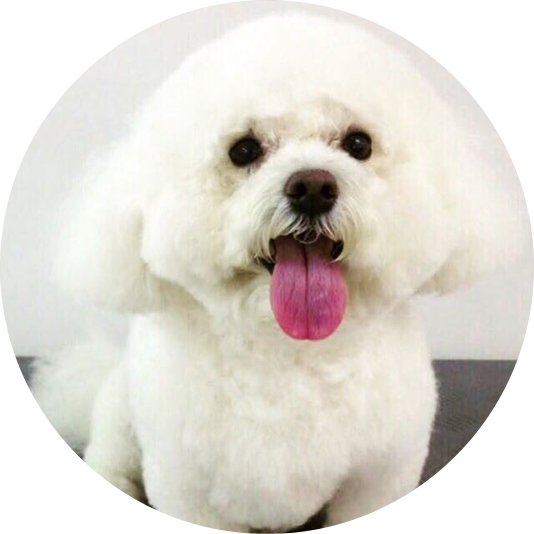Canine depression - how to recognize and treat it?
Dogs
Depression is one of the greatest civilization diseases, but this disease affects not only our society. Our four-legged friends can also struggle with depression, which should not be underestimated under any circumstances. What does dog depression look like and what to do when our dog experiences its symptoms?
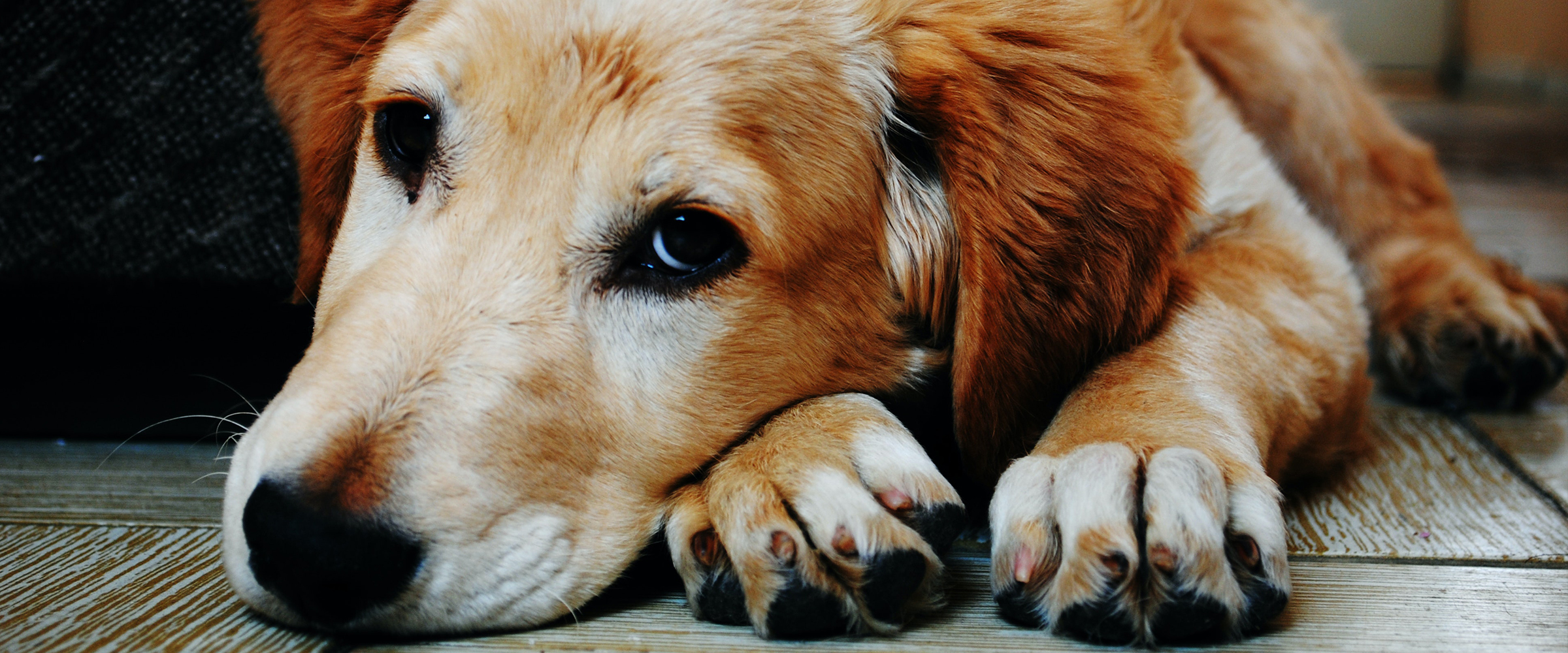
What does a depressed dog look like?
Depression in a dog manifests itself in much the same way as it does in people who are affected by it. A dog suffering from depression is more lethargic, sleeps more, and can be irritable. The quadruped loses interest in playing, walks bring them less joy, even their favourite snacks do not arouse as much enthusiasm as before. Depression in a dog can also manifest itself as a loss of appetite. If you notice similar behaviour in your dog, consult your veterinarian or behaviourist.
Where does dog depression come from?
Do you think your dog has everything it needs at home, yet it develops symptoms of depression? The psyche of animals is as complicated as the human psyche. Many factors can cause your pet's mental discomfort, which can turn into long-term sadness and depression.
Stress
Dogs need a routine in their lives that gives them a sense of stability and security. A steady meal, same-time walks, and a constant daily schedule are the foundation of your dog's peace of mind. If the house has recently changed significantly, i.e. a move, a renovation, a new tenant has appeared in the house (both human and animal), your dog may feel a lot of stress then. When this condition persists for too long, it can lead to the development of depression in a dog. The dog must feel safe at home - it must have its own corner, comfortable bedding, and bowls.
No company
Do you work a lot and spend time with your dog mainly during the morning and evening walks? Dogs love the company of their owners. If your dog feels that you are devoting too little time and attention to it, it may translate into their malaise. Dogs like the company of people and other animals. Take your dog for walks in dog parks, and meet friends who have pets on weekends. Your dog needs contact with other living things.

Physical activity and fun
A dog needs a daily dose of physical activity to function properly. Movement in the air is a key part of your dog's physical health, but being physically active is also extremely important when it comes to your pet's well-being and mental health. Too little exercise may cause your pet to have less energy during the day. But traffic is not enough. For a dog to be fully happy, it also needs play. Play is a way to discharge energy, reduce stress and spend time with people. Spend some time playing with your pet each day and provide them with access to toys.
Frisbee | Flexible fetch toy
Kägel, L | Bowling pin-shaped rubber pet toy
Rep Boll | Tug & chew dog toy
Kycklingfilé | Oven-roasted chicken jerky strips for dogs
Idol | Semi-moist & nutritious snacks for dogs
The dog needs you
A dog is a complex living creature that, like humans, has various needs that must be satisfied. Food alone and a warm corner to sleep in do not meet all your dog's needs. The dog needs socialization, both with people and with animals. The dog needs fun, movement and attention, which the owner will devote to him. Do not get angry with your dog when during the day it interferes with your daily tasks, because they demand to be petted or bring you a toy.
Dog depression - how to treat it?
Do you suspect your dog is depressed? Don't delay visiting a behaviourist! Only a specialist is able to accurately diagnose a pet and recommend specific actions to improve the well-being of your pet. The behaviourist will spend some time with you, see what your relationship looks like and what needs to be changed or improved. Treating a dog's depression is very much dependent on the owner's attitude. Remember that during this process, the dog needs your support - it makes them feel confident and safe, which makes the treatment process much easier.
Pharmacological treatment is used in advanced cases of canine depression. Tetrapods are given antidepressants only when the treatment with the behaviourist is not having any visible effect.















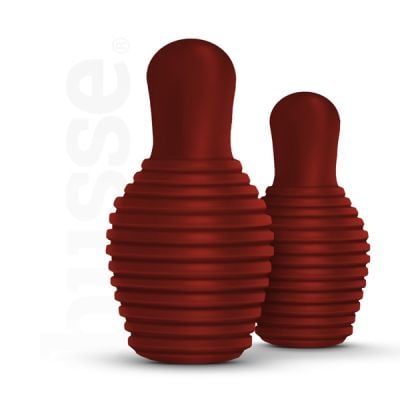


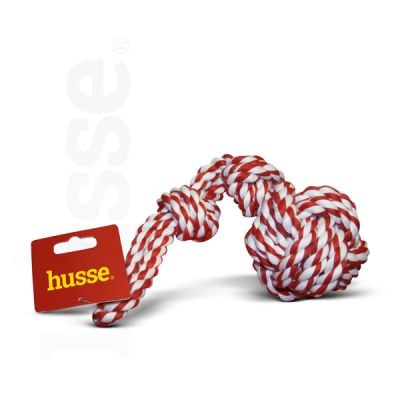






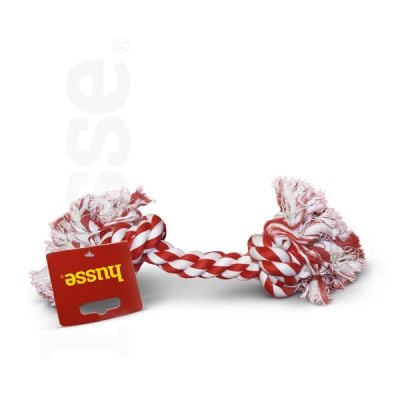
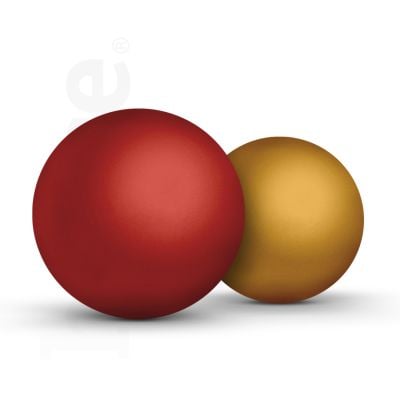
_400x400.jpg)


.png)
